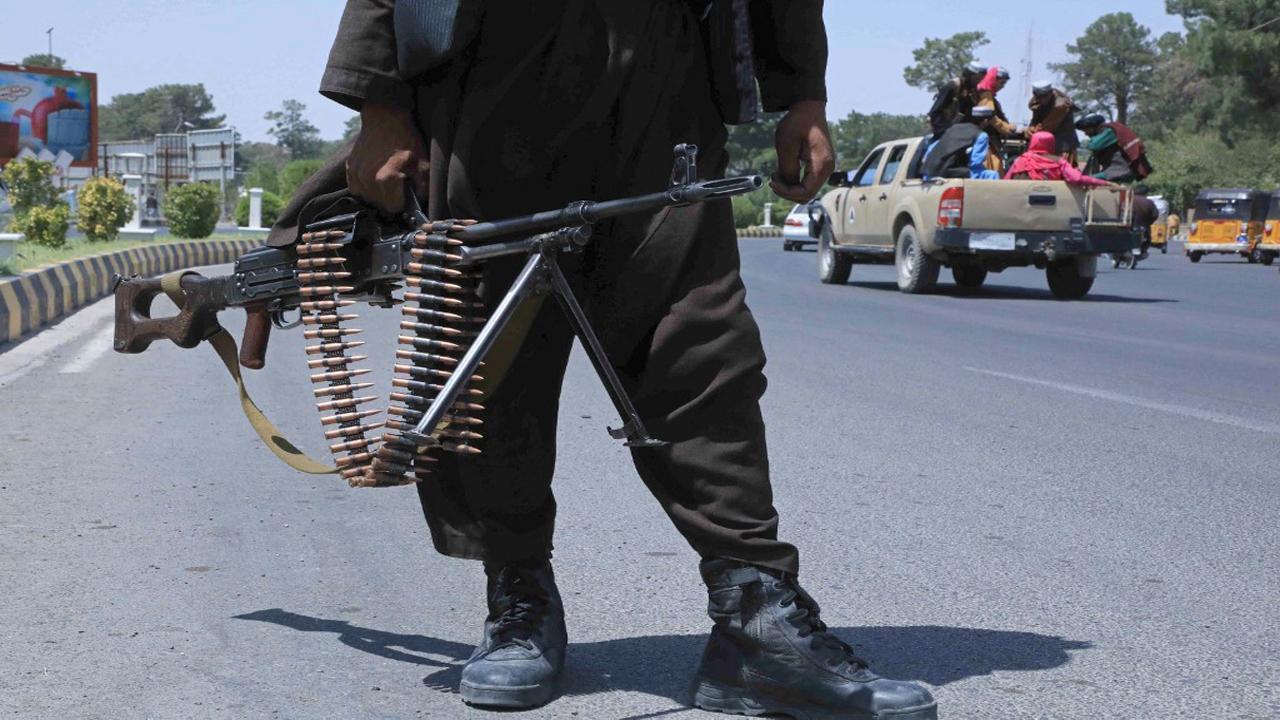The move comes as poverty is surging in Afghanistan following the Taliban takeover in August amid the withdrawal of US and NATO troops. Since then, foreign governments have halted funds that had been a mainstay of the economy

Photo for representational purpose
The Taliban decreed on Friday they were banning forced marriage of women in Afghanistan, a move apparently meant to address criteria the international community consider a precondition to recognising their government and restoring aid to the war-torn country.
ADVERTISEMENT
The move was announced by the reclusive Taliban chief, Hibatullah Akhunzada, a cleric chosen as the group's supreme leader who is believed to be in the southern city of Kandahar.
It comes as poverty is surging in Afghanistan following the Taliban takeover in August amid the withdrawal of US and NATO troops. Since then, foreign governments have halted funds that had been a mainstay of the economy.
“Both (women and men) should be equal,” said the decree, adding that “no one can force women to marry by coercion or pressure.”
Women's rights improved markedly over the past two decades of international presence in Afghanistan, but are seen as under threat with the return of the Taliban, who during their earlier rule in the 1990s virtually cloistered women, banned them from public life and access to education.
Forced marriages have become more commonplace in the poor, conservative country, as the internally displaced marry off their young daughters in exchange for a bride-price that can be used to pay debts and feed their families.
The decree did not mention a minimum age for marriage, which previously was set at 16 years old.
Women in Afghanistan for decades were treated like property, as an exchange token for blood money or ending disputes or tribal feuds. The Taliban now state they are against the practice. They also said a widow will now be allowed to re-marry 17 weeks after her husband's death, choosing her new husband freely.
Longstanding tribal traditions have held it customary for a widow to marry one of her husband's brothers or relatives in the event of his death.
The Taliban leadership says it has ordered Afghan courts to treat women fairly, especially widows seeking inheritance as next of kin. The group also says it has asked government ministers to spread awareness of women's rights across the population.
Friday's announcement comes as thousands of girls from grades seven to 12 are still not allowed to attend school, and a majority of women have been banned from returning to their jobs since the Taliban takeover.
This story has been sourced from a third party syndicated feed, agencies. Mid-day accepts no responsibility or liability for its dependability, trustworthiness, reliability and data of the text. Mid-day management/mid-day.com reserves the sole right to alter, delete or remove (without notice) the content in its absolute discretion for any reason whatsoever.
 Subscribe today by clicking the link and stay updated with the latest news!" Click here!
Subscribe today by clicking the link and stay updated with the latest news!" Click here!







